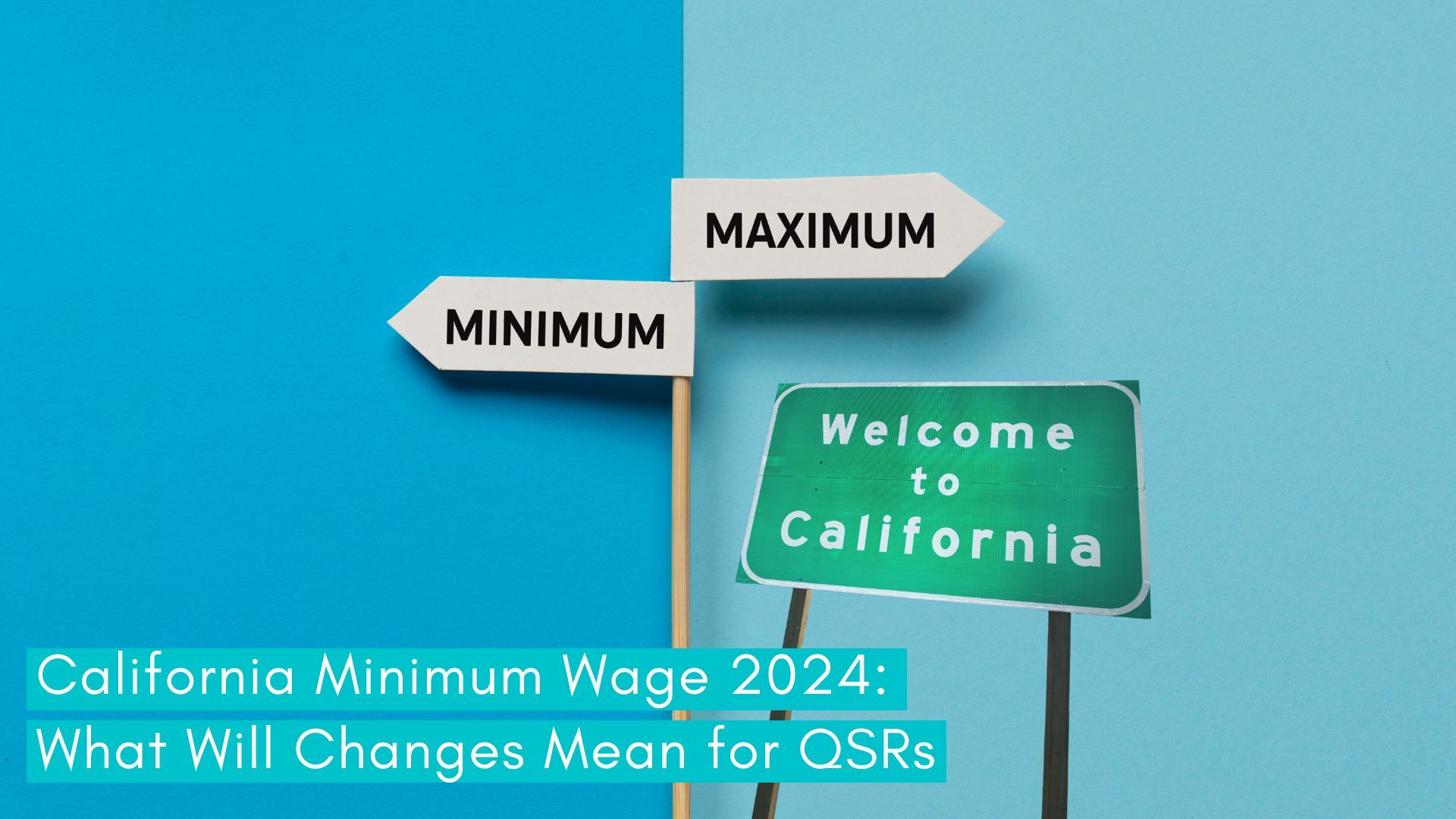California’s recent move to establish a $20 minimum wage marks a pivotal moment in labor rights, signaling potential shifts across various sectors amidst economic fluctuations. This ambitious initiative not only aims to uplift low-income workers but also sets a precedent for future labor policies nationwide.

A Bold Leap Forward in Labor Rights
During a time when economic inequality is becoming an increasingly pressing issue, the labor organizations in the state of California have not only hailed this triumph, but they have also declared that it is but the beginning of a larger struggle.
An important indicator of the shifting tide in labor policies is the promise to extend this hike in the minimum wage to all sectors of the economy. A spokeswoman for the labor group made the announcement, “This is just the beginning,” highlighting the intention to shift the wage situation throughout the entirety of the state.
The determination to continue to advocate for higher salaries is unwavering, even though recent layoffs have been a common occurrence in the economic landscape of California. It is believed that this decision would not only be beneficial for workers, but it will also be an essential step towards achieving economic equality and stimulating the economy.
In-N-Out confirms it will raise prices amid California's minimum wage increase https://t.co/1c2MliSH82 pic.twitter.com/9cxTXaKlf7
— FOX 11 Los Angeles (@FOXLA) April 11, 2024
Navigating Economic Challenges
While the minimum wage increase is a beacon of hope for many, it also arrives amid layoffs and economic adjustments in various industries. This juxtaposition of wage increases and employment fluctuations creates a complex landscape for businesses and workers alike.
Companies are now tasked with balancing higher wage bills with the need to remain competitive and financially viable.
Labor groups argue that the increase in minimum wage could lead to enhanced worker productivity and lower turnover rates, potentially offsetting the initial financial outlay businesses face. Moreover, this could invigorate consumer spending, as workers have more disposable income, thus fostering a healthier economy overall.

The Role of Digital Tools in Shaping Labor Rights
The digital era has significantly impacted the labor market, not only in terms of job creation but also in how labor rights are monitored and implemented. The use of analytics tools, like Google Analytics, has provided deep insights into user behavior and economic trends, which can support more informed decisions about labor policies.
However, it is essential to balance technological advancements with ethical considerations. The extensive data collection involved raises concerns about privacy and the potential for misuse of information.
California’s proactive stance on personal information rights, as seen in their regulations allowing residents to opt out of data sharing, is a critical part of respecting and protecting individual privacy.

Looking Ahead: The Future of Labor in California
As California sets a precedent with its $20 minimum wage, it sparks a conversation on the national stage about the viability and necessity of such measures across the country. Other states watching this development may consider similar moves, influenced by the outcomes observed in California.
California’s initiative to raise the minimum wage to $20 is more than a financial adjustment; it is a significant stride toward reshaping labor relations and economic structures.
As we look ahead, the implications of this policy will undoubtedly influence a wide range of socio-economic factors, from consumer spending to business operations and beyond. This bold move could well be a defining moment in the quest for equitable labor standards nationwide.










